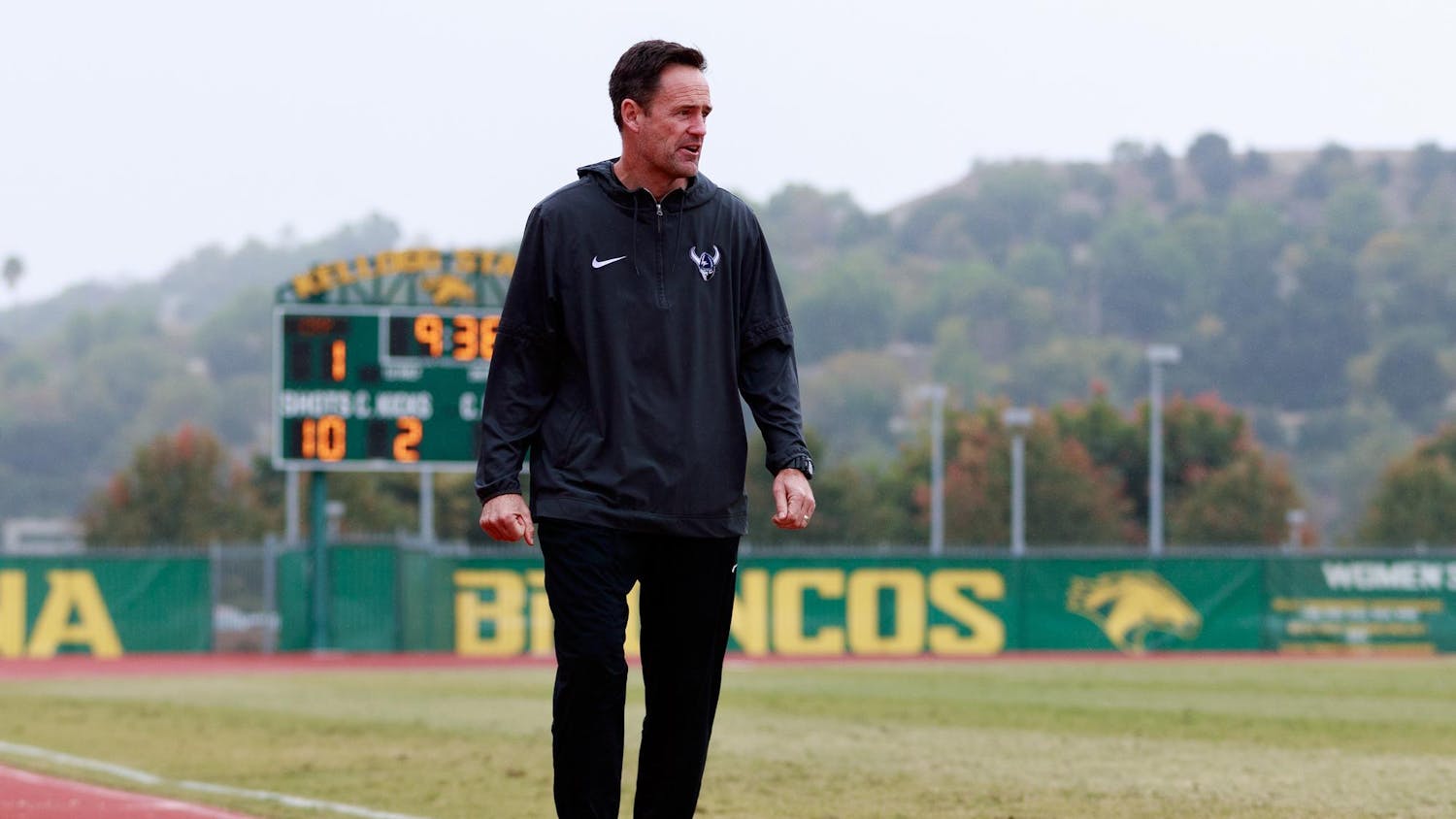By Anjali LeGrand
A shift in academic coursework, adjusting to a new campus and forming a new social sphere are all challenges transfer students experience.
For students who have transferred to Western from different institutions, everyday college experiences do not always align with those of traditional students. This applies to Western sophomore Amber Nelson, who transferred to Western from Azusa Pacific University in Southern California.
“I think it is really different, when you start out as a freshman at Western, I assume you're in a dorm and you're frequently around others and you kind of make connections early on, which I know can really help at a university,” Nelson said. “So being a transfer, and also, living off campus is pretty difficult for me.”
Social networking is a challenge for transfer students due to a variety of reasons including off-campus living and starting school at different times of year, Paul Cocke, director of communications and marketing at Western, said in an email.
Western junior Maleah Metz is a transfer student from Shoreline Community College working toward a communications degree. She said the social adjustment was a difficult experience.
“It's definitely kinda weird coming in as a transfer student cause most people have known each other for a little longer, and just trying to find that group,” Metz said. “I'm really glad I joined Communications Club because now that's my core group of friends here.”
Metz said the transition was also difficult because she didn’t have traditional high school counselors guiding her up until the process, as most traditional students do.
The university helps transfer students adjust with advising, orientation, help with registration and an introduction to the university’s resources, Cocke said.
“I think if I had known about more resources, I would have utilized them when I first came here but I really didn't know about anything. I definitely kind of felt on my own trying to figure stuff out the first couple of days.”
Maleah Metz, transfer student
Metz said she wasn’t all that aware of resources available for transfer students. She also said she wished she had been aware of more of the university’s resources early on.
“I think if I had known about more resources, I would have utilized them when I first came here but I really didn't know about anything,” Metz said. “I definitely kind of felt on my own trying to figure stuff out the first couple of days.”
Cocke said Western as a campus can assist transfer students better by clarifying and not making assumptions about their knowledge of resources, campus or the university in general as each university has different offerings.
Nelson said another way the university could help transfer students adjust is by promoting group social activities similar to her previous university. At Azusa Pacific University, the school created ‘Alpha Groups’ a program where students would be placed in groups for social activities, which Nelson found beneficial, she said.
“I know a lot of people don't like formed groups or things along the lines, but maybe making more of an effort to introduce transfer students to groups, activities, or things like that so they can get out and meet more people in the community,” Nelson said.
According to Cocke, the university holds an orientation and advising experience for transfer students called “Transitions.” Held in the summer for students starting school in the fall, it introduces transfer students to the curriculum, campus and overall process.
“Students who attend receive support in developing core academic preparation skills, learn about campus life and resources, gain a better understanding of Western's academic expectations and resources, meet with helpful faculty, staff and student advisors, and begin connecting with fellow new and current WWU students,” Cocke said.
Nelson, who transferred to Western to be closer to her home town of Tacoma, said the program was one of the more valuable resource as it helped her with class registration, understanding the coursework and process and introducing her to Western’s campus.
Another aspect transfer students have to figure out is what courses will and will not transfer from their previous schools. Cocke said students receive reports of their transfer credits before registration.
Nelson said she lost a year of coursework in the transfer of credits due to Western not accepting some of her classes, an aspect which she found frustrating. She said making regular academic advising mandatory for a few quarters for transfer students would help in the academic transition.
Cocke said transfer students can receive support from the Academic Advising Center, University Residences, the Off Campus Living website and the “Ready. Set… RENT!” online Canvas class.





